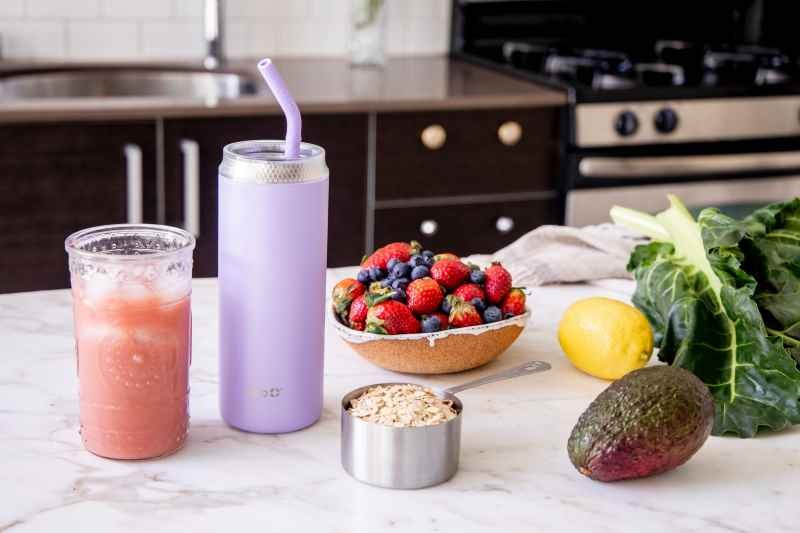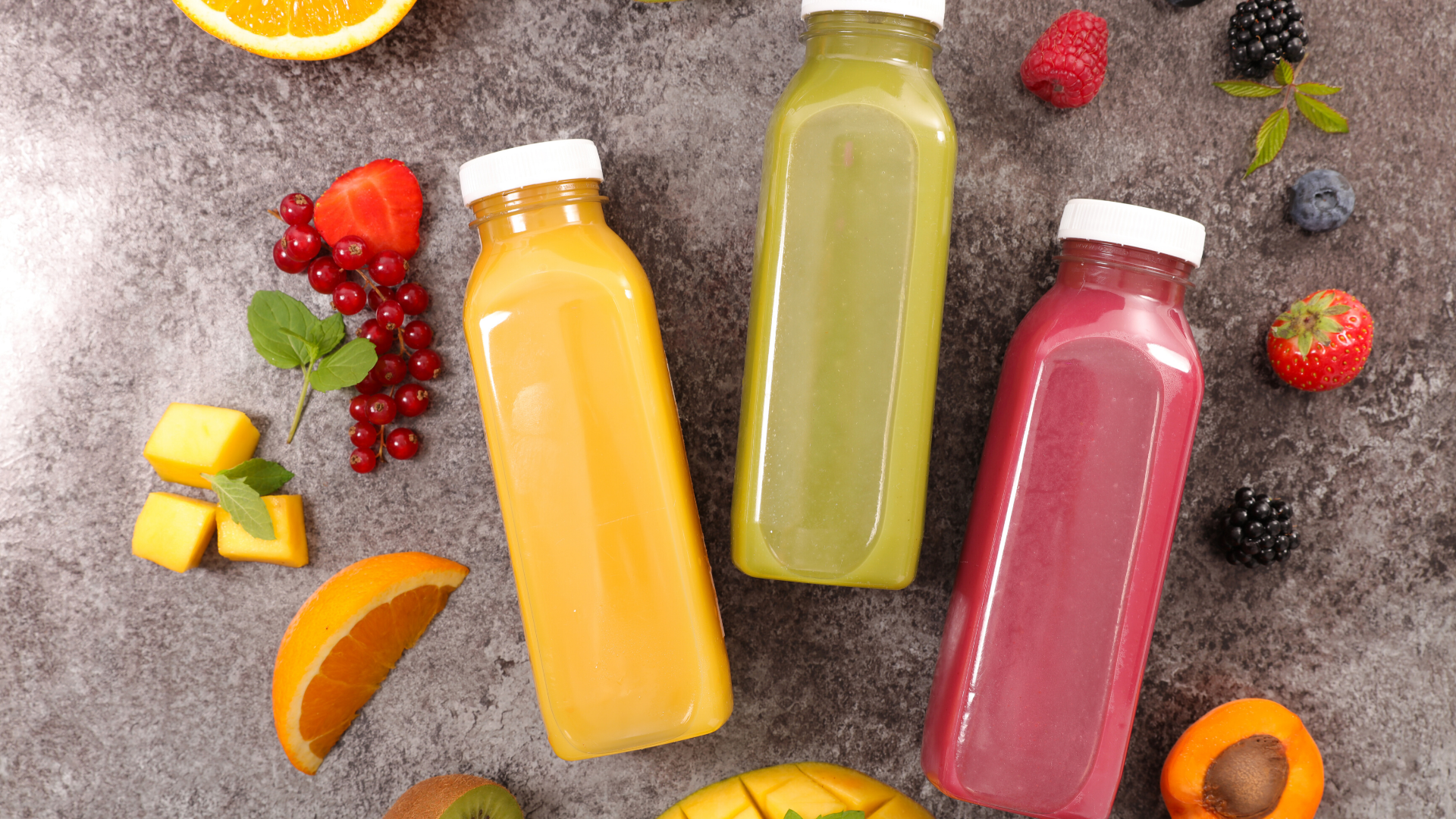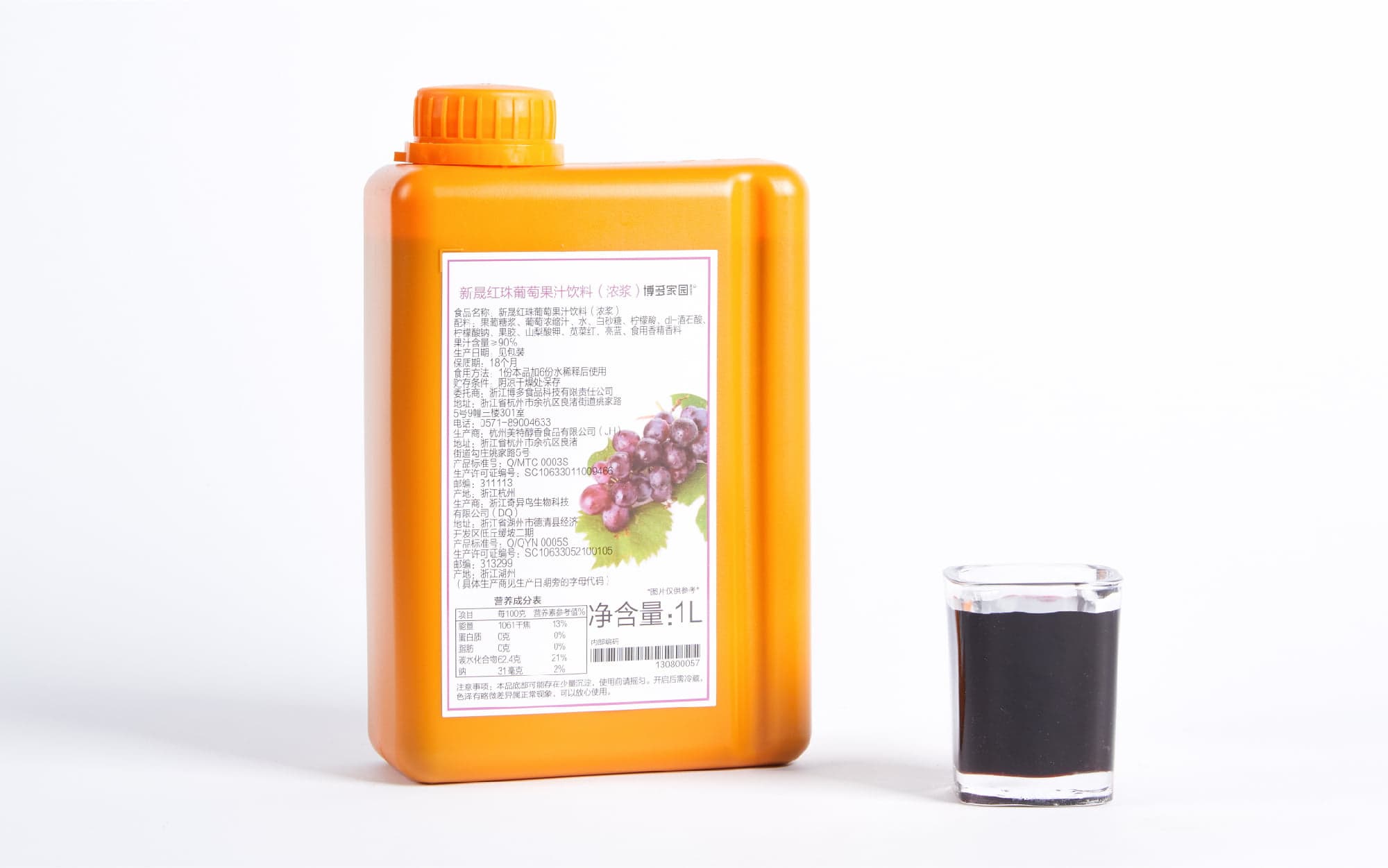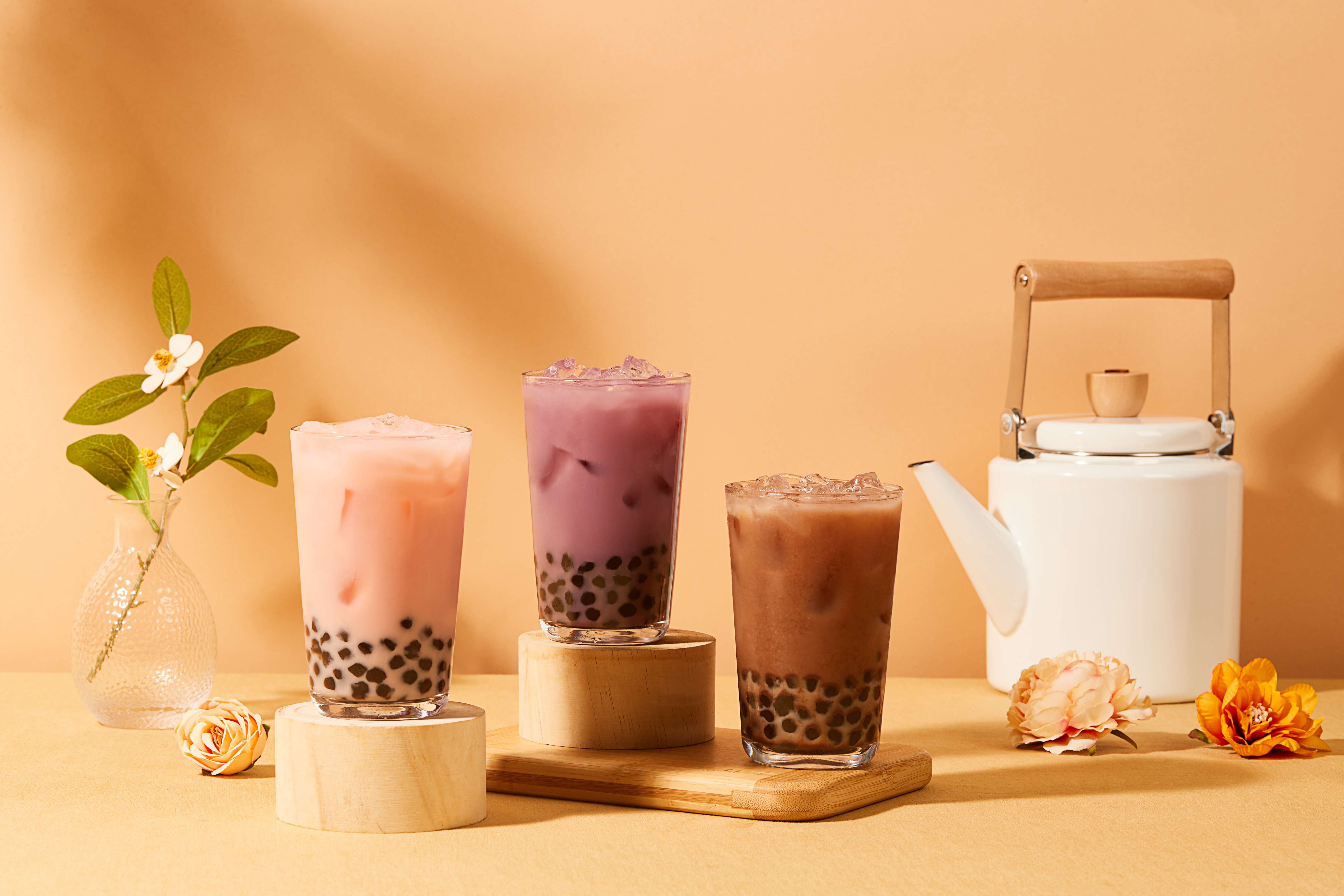There is a paradox in the world of food. Consumers increasingly gravitate toward fresh, whole-ingredient foods, all while eating in a way that is friendlier to the environment.

The shipment and storage of food is a huge cost in dollars and carbon, but thankfully there is a great way to let people have it both ways. Juice concentrates are great sources of many nutrients, but can be shipped and stored for a fraction of the cost.
Also, j
What are Juice Concentrates?
Juice concentrates are, in the simplest terms, fruit juices with nearly all the water taken out of them. Naturally occurring juices contain mostly water, which makes juices harder to transport. By removing the water content through evaporation, fresh juice can be turned into a juice concentrate that can be easily transported and stored.
This concentrate can be used as a flavorant in other food and beverage products, but it is most often mixed with water to recreate delicious, refreshing juice drinks.
The juice concentrate most people are familiar with is orange juice concentrate. With roughly 40% of the global market for concentrates, orange juice is far and away the most popular. Apple juice concentrate is also popular, but these are far from the only fruit juices that can be found in the freezer section at your local grocery store.
The advantages of longer shelf lives, ease of transport, and the concentrated flavor of concentrates can open up a host of opportunities when looking to add natural flavors to food and beverage products.

Popular Flavors of Juice Concentrate
Orange: The refreshing taste of natural orange juice is a perennial favorite, making it one of the most common juice concentrates available. Renowned for its high vitamin C content, orange juice concentrate is loved for its tangy sweetness that complements breakfasts, beverages, and smoothies.
Grape: The rich and luscious flavor of grape juice concentrate has made it a popular choice for both children and adults. Whether it's the deep purple Concord grapes or the more delicate white grape varieties, grape juice concentrate delivers a burst of natural sweetness and is often enjoyed on its own or as a key ingredient in various recipes.
Mango: With its rich, tropical taste, mango juice concentrate adds an exotic twist to any recipe. The intense sweetness and vibrant flavor of mango juice concentrate make it ideal for both fruity and savory preparations, such as smoothies, chutneys, salsas
Lemon: Lemon juice concentrate is widely loved for its zesty and tangy flavor, which provides a refreshing and tart burst to any recipe. Whether used in lemonades,
These popular flavors of juice concentrates cater to diverse tastes and preferences, providing a convenient and flavorful way to enjoy the goodness of fruits in any season.
Making High Quality Fruit Juice Concentrates
In the end, there are some applications where “fresh juice” matters in labeling, but in most contexts, juice concentrates can provide all the flavor, nutrition, and appeal while keeping costs and logistical hassles to a minimum.
At

By working hard to create the highest quality juices up front, we can help you avoid the need for artificial sweeteners and colors in your final products.
If you are interested in seeing how partnering with
Learn more: Flavored Syrups Used in Bubble Tea
An Overlook of Fruit Jam Business
INS: boduo_international
LinkedIn: BODUO International
Youtube: BODUO International




